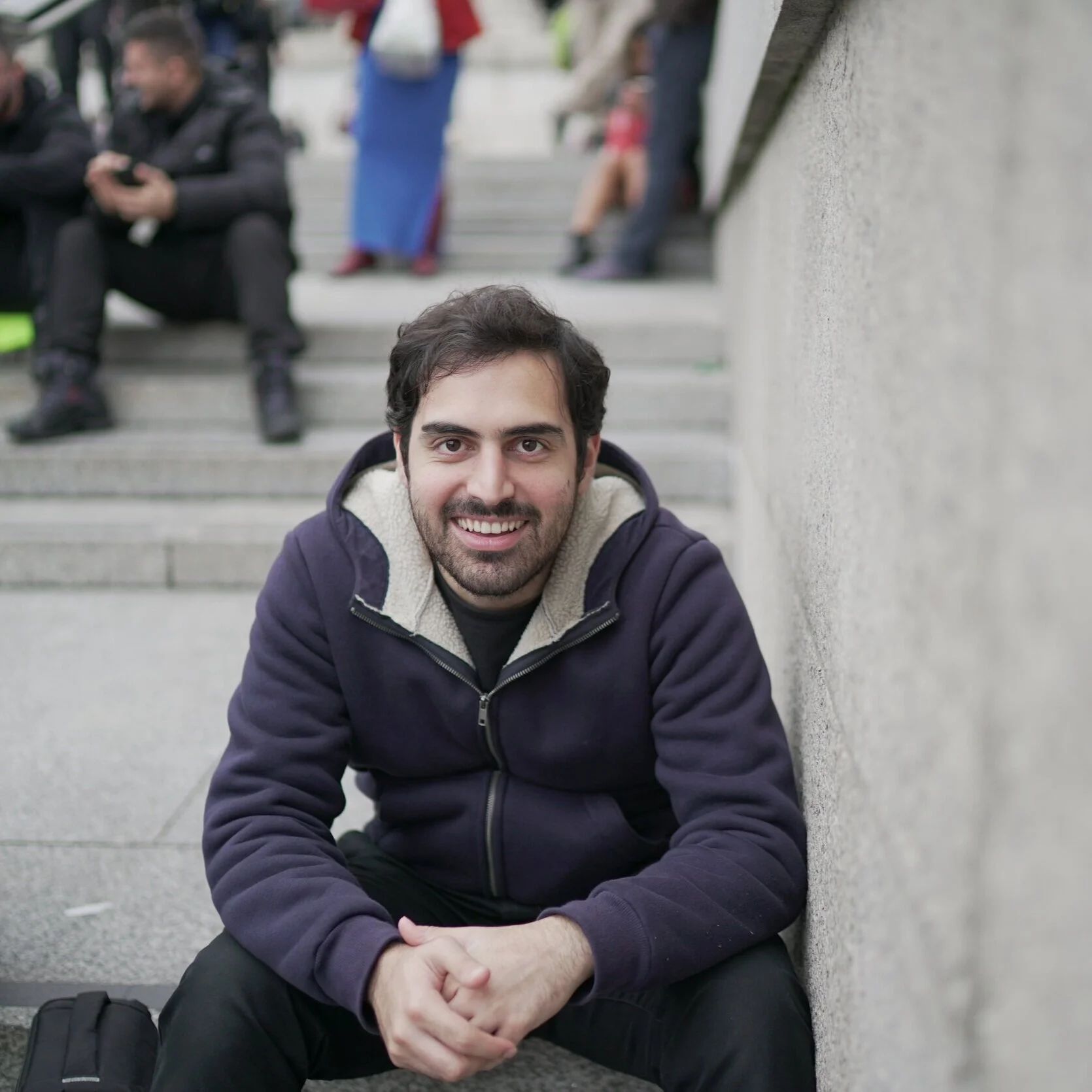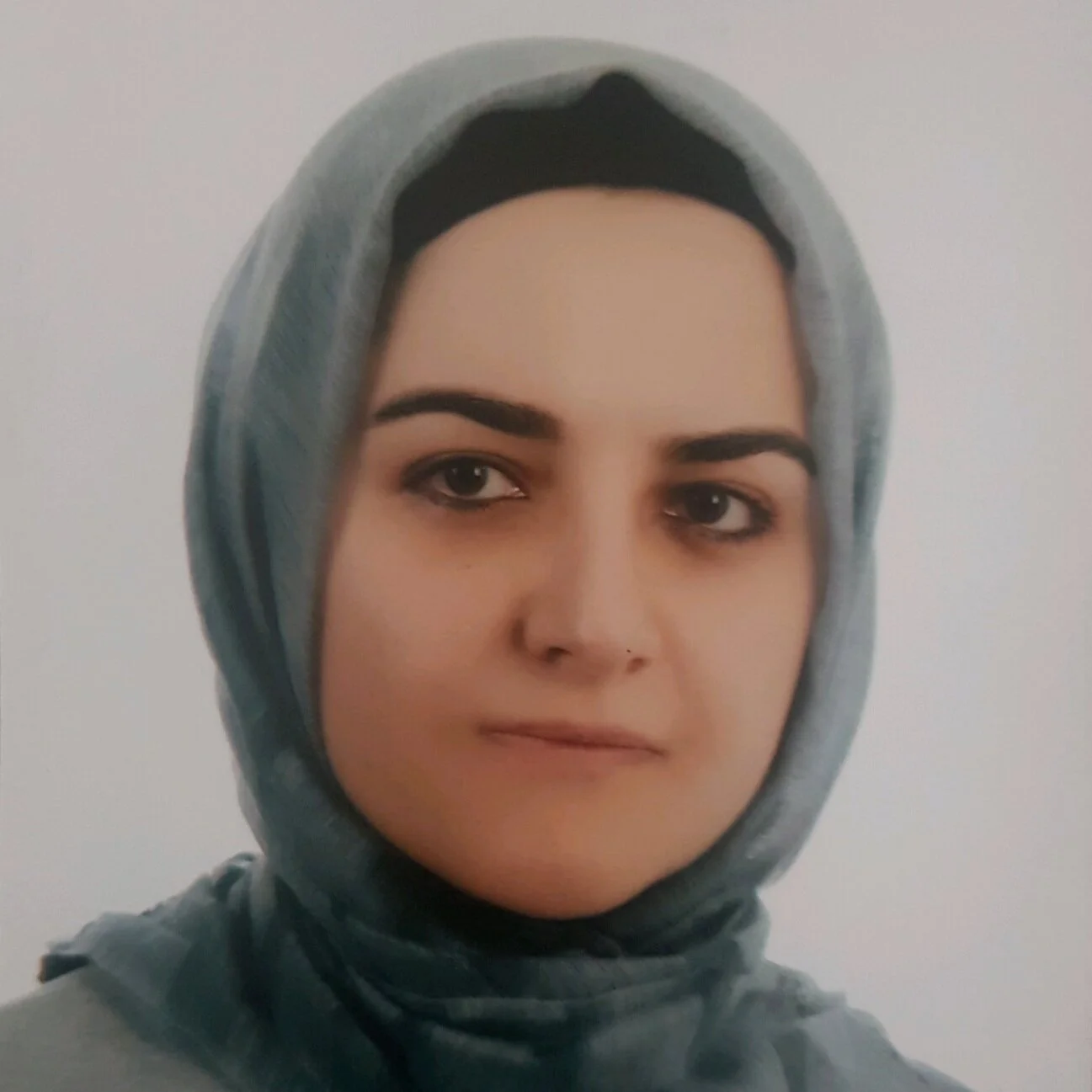Duration: February - July 2020
Funding Scheme: Innovate UK
Principal Investigator: Prof Lisa Boden
The Challenge
WaterFOre: Sustainable Water Supply for Rural Communities in Syria through Forward Osmosis, addresses the urgent need for a safe water supply in Syria for drinking and hygiene. Conflict has damaged water supply networks and millions of people lack regular access to safe water. Vulnerable families and children, especially displaced people and those in rural areas, have had to resort to unsafe alternatives leading to rising rates of cholera and diarrhoea. The region has a history of drought and over exploitation of groundwater resources, making access to water a key driver of conflict.
Waterwhelm technology produces drinking quality water from almost any source (e.g. polluted river water) by forward osmosis. The process uses mainly heat and very little electricity compared to conventional methods e.g. reverse osmosis. This is the first phase of assessing the feasibility of the technology to play a role in meeting safe water needs in Syria.
Research Aims
Assessing the most feasible water sources and identifying the priority water needs;
Assessing the energy (heat) requirements for water treatment and available sources;
Ensuring the proposed solution meets the needs of stakeholders including poor and displaced people, vulnerable groups and women/children and takes account of social/cultural factors;
Adaptation of the technology for use in Syria and validation of the performance on simulated feed waters;
Identifying potential new partners from Syria with complimentary skills and capabilities to benefit commercially as part of a value-chain.
Anticipated Outcomes and Impact
The ultimate impacts of the project will be provision of safe/affordable water for drinking and hygiene purposes contributing to at least two UN Sustainable Development Goals: (3) good health and well-being and (6) clean water and sanitation. These include targets by 2030 to: achieve universal and equitable access to safe and affordable drinking water for all; expand international cooperation and capacity-building support to developing countries in water- and sanitation-related activities and programmes, including water harvesting, desalination, water efficiency, wastewater treatment, recycling and reuse technologies; and to substantially reduce the number of deaths and illnesses from water pollution and contamination.
Key outputs:
Report on locations, quality and scale of feed waters matched to the priority water needs/locations;
Report on feasibility of providing heat from a range of sources;
Stakeholder needs analysis report and stakeholder impact assessment;
Validated version of the technology suited to the needs identified by the feasibility work and reports on expected performance/costs;
Additional Syrian partners identified for a second demonstration phase.















